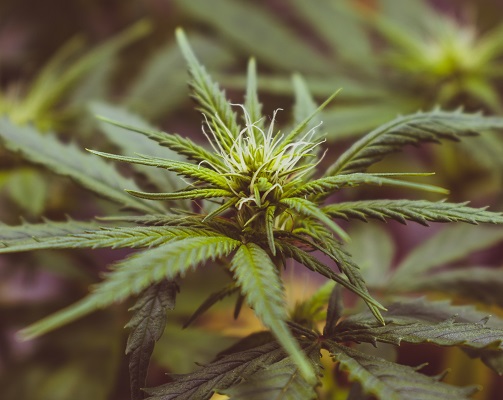RECENTLY, a bill to legalize recreational marijuana (HB 639) passed in the State House by a vote of 272-109. This was done on a Roll Call vote, which shows how each representative voted, and it is documented on the NH General Court website.
HB 639 will now go to the Senate for consideration.
The committee testimony delivered thus far by the bill’s sponsors we’ve heard before: focus on the tax revenue that marijuana sales could generate for critical services like schools, law enforcement, and drug addiction treatment programs; lament how we are currently losing out on potential revenue from surrounding legalized states; convince everyone that legalization is inevitable.
Guess what the bill’s sponsors never talk about? They don’t mention the decade of data we now have on what happens in states that legalize this federally prohibited drug because it highlights the tragic underbelly of recreational legalization. The data show significant rates of Cannabis Use Disorder in many age groups, starting as young as 12 years old, and off-the-chart rates of emergency room visits for those suffering a mental health crisis.
There are upticks in teen and veteran suicide rates, which also show that marijuana is the most prevalent substance found in post-mortem toxicology reports. There are explosive increases in child neglect cases and accidental child poisonings. In addition to all this, health professionals in states that have legalized marijuana are sounding the alarm on this public health train wreck. For more about what’s happening in Colorado and Vermont, read my Jan. 23, 2023, op-ed in NH Journal (bit.ly/3mgoIR0).
So what are three myths that our pro-legalization legislators are trying to sell us?
1. Legalizing recreational marijuana will reduce black market activity.
FACT: Recreational legalization does not curb black market activity in any way, particularly in states that tax the product. Oklahoma currently supplies the majority of black market marijuana in the US because they passed a law that allows for unlimited growth of medical marijuana products and criminal cartels immediately swarmed the state. Rest assured, the black market knows how to beat the retail price.
2. Legalization will bring in revenue for schools, law enforcement, and drug addiction treatment.
FACT: It is estimated that for every $1 legalization generates, it costs $4 to mitigate the negative fallout. Legalization results in an increased need for law enforcement produces more drug addicts who need treatment, increases crisis health care demand, results in more marijuana in middle and high schools, and increases the need for youth mental health services. Consider this solemn point: In order to make a substantial profit off marijuana, our state is going to have to sell a lot of it to its citizens. Moving this drug into the hands of the highest number of consumers is the business plan, which is objectively shocking from a public health standpoint.
3. Legalization is inevitable.
FACT: Legalization is not inevitable. Despite what we’re told by the marijuana lobby and activist legislators, recreational legalization is being rejected by states. As a matter of fact, over the past two years, there have been five states who have said no to this bad idea; North Dakota, South Dakota, Arkansas, Delaware, and Oklahoma. Oklahoma’s recent decision was particularly interesting because voters decisively rejected a recreational legalization ballot measure by more than 61% — despite the marijuana lobby outspending the pro-public health groups by millions of dollars. Oklahomans were already sold a bill of goods with regard to medical marijuana, and they were not ready to be fooled again.
Although New Hampshire has wisely held out on recreational legalization, our state has been under a nonstop onslaught for years from marijuana lobby groups and activist legislators who are willing to sacrifice public health over their own self-dealing financial interests in marijuana. To make matters even worse, our state is already selling highly-addictive, high-concentrate marijuana products that contain over 90% THC in our state-sanctioned Alternative Treatment Centers. In many respects, New Hampshire isn’t just poised to jump over a cliff with regard to recreational marijuana legalization; we’re already hanging on by our fingertips with our current laws.
Granite Staters deserve to have an objective, thorough debate on recreational marijuana legalization. We deserve to have legislators who uphold their solemn responsibility to act in the best interest of all citizens. Most importantly, Granite Staters deserve to have legislators who will not gaslight us with false promises.
It’s time for our elected representatives to learn a thing or two from former Oklahoma Governor Frank Keating when he said: “Well, it’s bad for brains, it’s bad for health, it’s very bad for children. So, what are we doing?”
Good question.
Now is the time for all of us to start asking our state senators, and Governor Chris Sununu, the very same thing.
